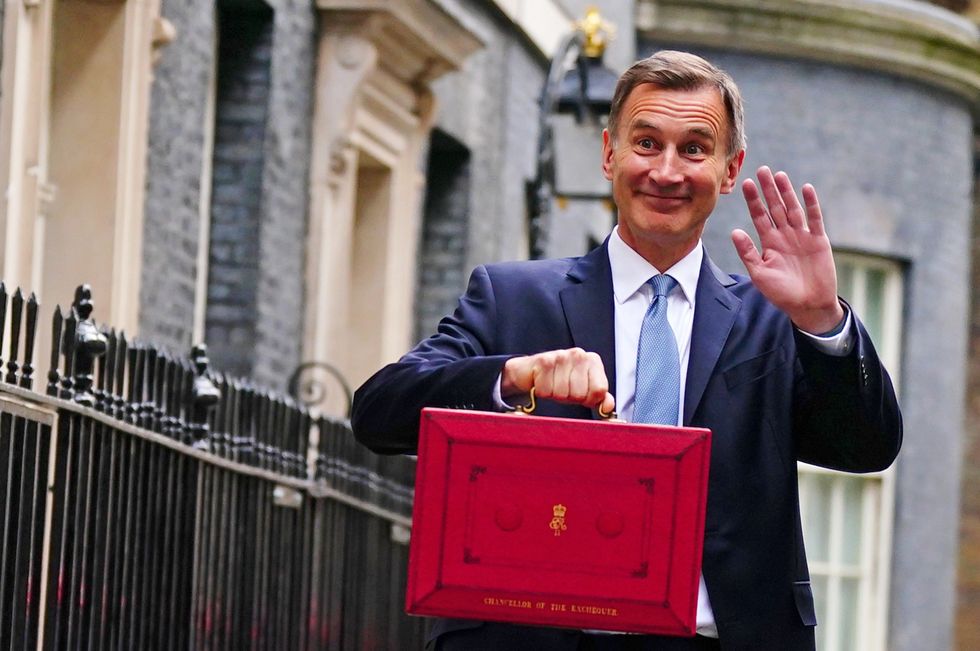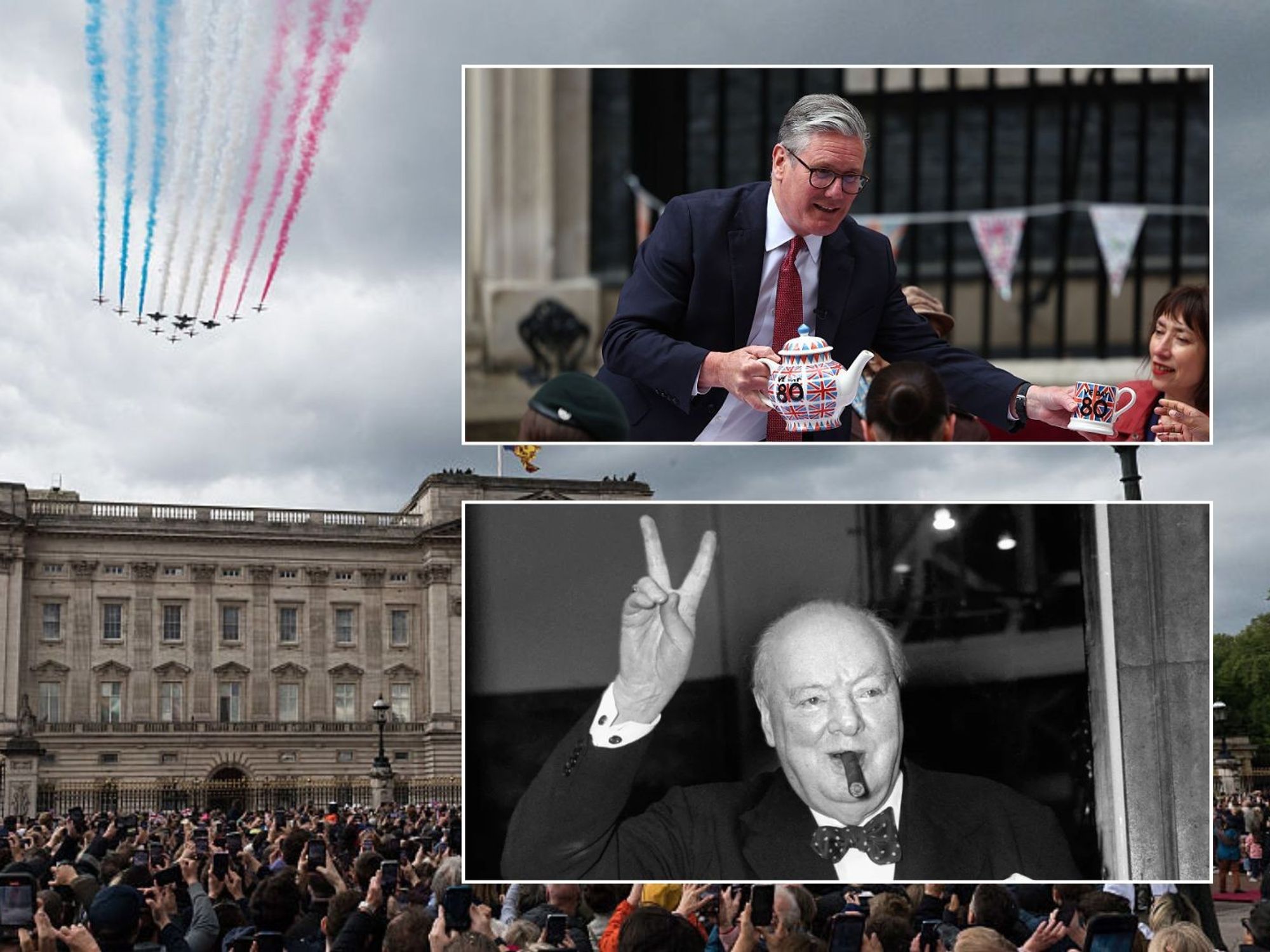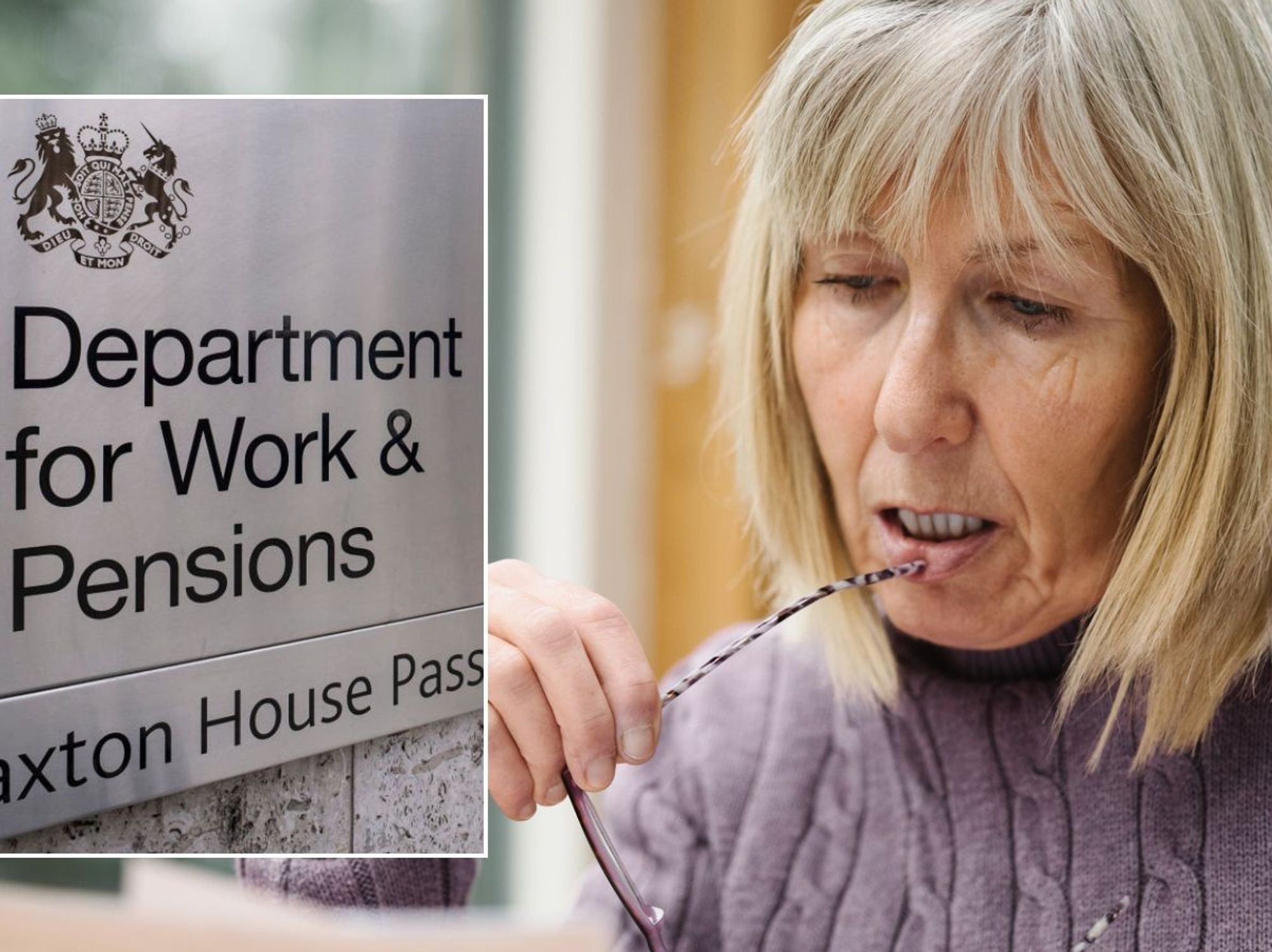National Insurance will be cut once again in May but taxpayers are still expected to pay more due to the impact of fiscal drag
Don't Miss
Most Read
Trending on GB News
Experts are warning that three million Britons are expected to be “pulled into” higher income tax brackets despite the recently announced cut to National Insurance.
Last week, Chancellor Jeremy Hunt confirmed the levy’s rate will be slashed from 10 per cent to eight per cent for workers, and to six per cent for the self-employed.
This announcement was part of the Government’s Spring Budget for 2024 and follows a recent cut to the National Insurance rate in January.
However, analysts are noting fiscal drag will likely diminish any savings taxpayers make from this tax reduction with millions expected to pay more instead.
Fiscal drag is taking place due to the Chancellor’s decision to freeze tax allowances until at least the 2027-28 tax year.
Tax thresholds are remaining the same during a period when average wages in the UK are rising which is pulling workers into higher brackets.
Do you have a money story you’d like to share? Get in touch by emailing money@gbnews.uk.

The tax burden is the highest its been since the Second World War
GETTY
Here is a breakdown of the tax bands Britons fall into depending on their income, as well as the tax charge they pay:
- Personal Allowance – earnings of up to £12,570 – pay zero per cent
- Basic rate – earnings between £12,571 to £50,270 – pay 20 per cent
- Higher rate – earnings between £50,271 to £125,140 – pay 40 per cent
- Additional rate – earnings over £125,140 – pay 45 per cent.
In his Budget announcement, Hunt claimed the two cuts to National Insurance combined with save taxpayers a combined £900.
Analysts believe millions of workers will not see much benefit from this due the effects of fiscal drag on their payslips.
Nimesh Shah, the CEO of Blick Rothenberg cited that the Government’s £10billion “splurge” on cutting National Insurance was promoted as offering the lowest personal tax rate in half a century.
However, Hunt’s “big freeze” on tax allowances mean the tax cut will not go far in helping families during the cost of living crisis.
He explained: “Freezing income tax thresholds until 2028/29 means that more than three million people will be pulled into the higher and additional rates of income tax over the next five years, leading to a net rise in tax receipts of £19.7billion.”
“The National Insurance contribution cuts announced in the 2023 Autumn Statement and 2024 Spring Budget reverse around a half of the total additional tax revenue raised from the freezing of thresholds in 2028/29.
“Over the next five tax years, frozen thresholds and allowances will yield the government £174billion in total – but after deducting the ‘NIC cuts’, it will be worth an extra £71.7billion.”
Shah described the act of freezing tax allowances as a “cash cow” for the Conservative-led Government, as well as a potential Labour one, which will unlikely be scrapped.
LATEST DEVELOPMENTS:

Jeremy Hunt outlined more tax cuts as part of the Spring Budget
PAThe tax expert added: “Lower earners are disproportionately disadvantaged from the ‘big freeze’.
“Had the personal allowance risen in line with inflation, it would be now worth £15,220 according to the OBR.
“This means that someone earning £20,000 is £115 worse-off with the Government’s tax raising and tax-cutting measures.”
The upcoming cut to the National Insurance rate for workers and the self-employed will be implemented in April 2024.









